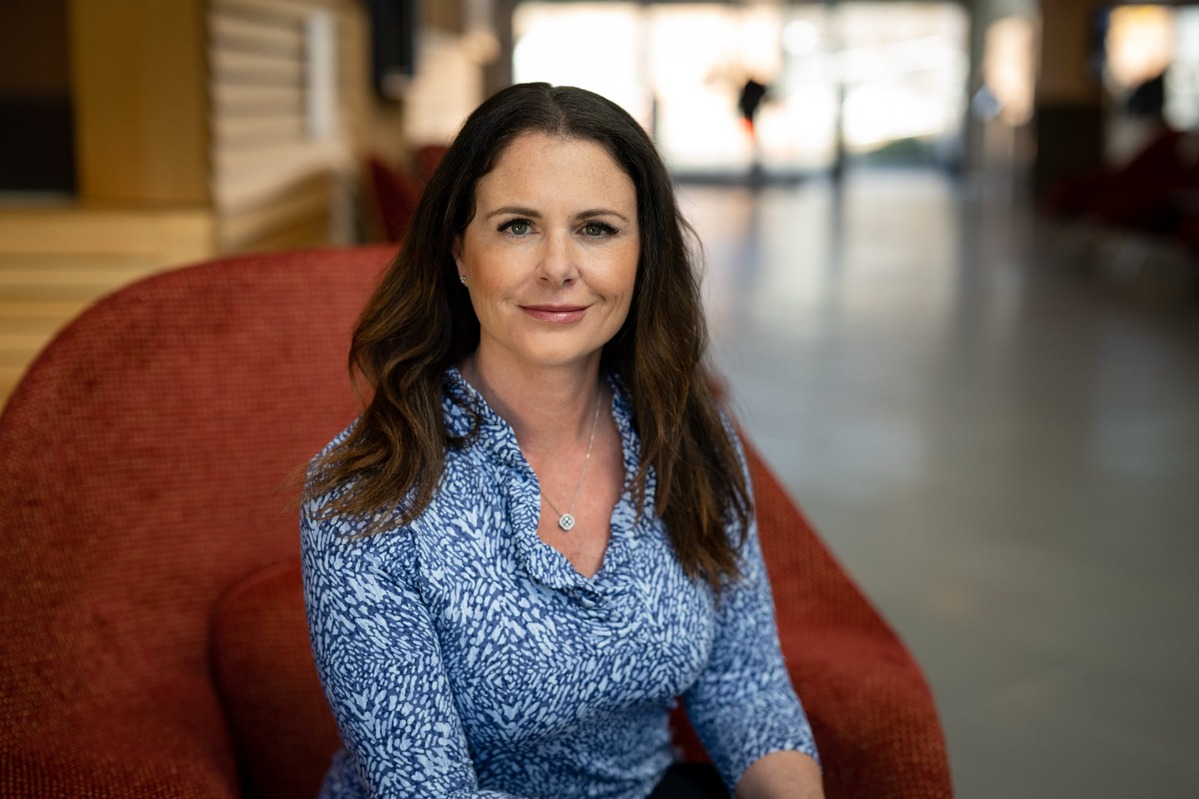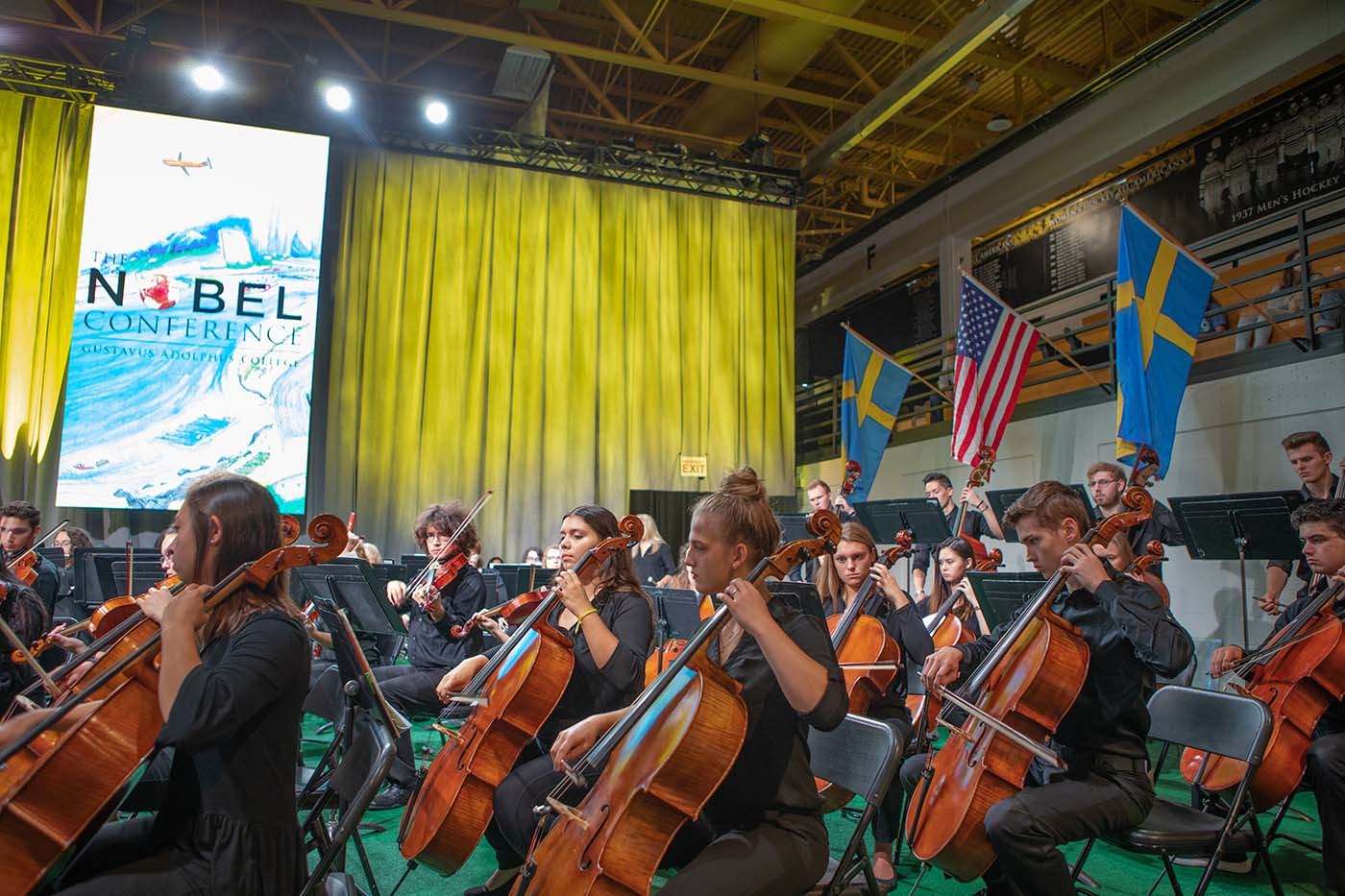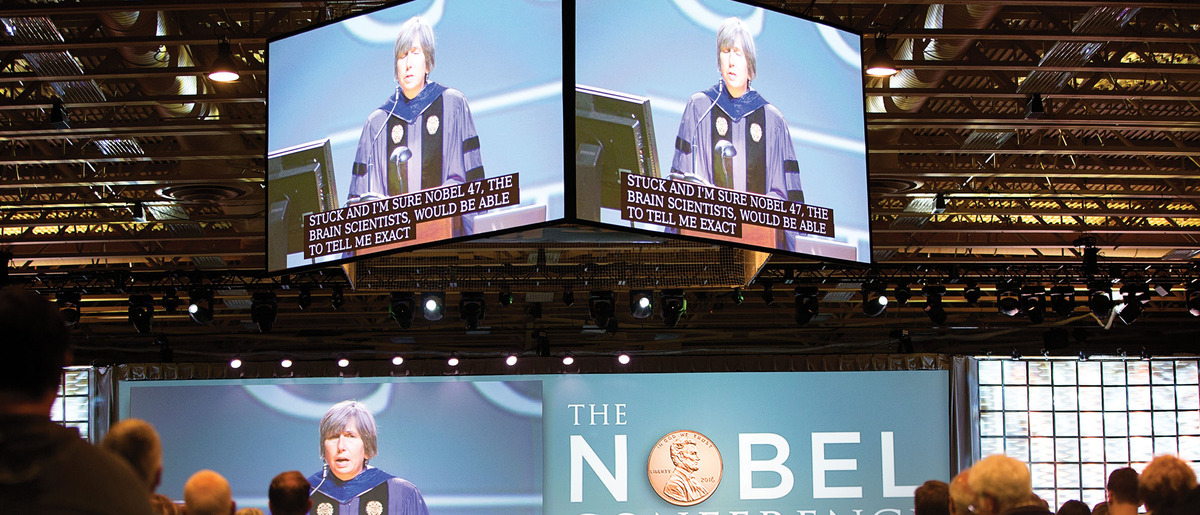Sugar: Bringing Sweetness to LightNobel Conference 61 | October 07 – 08, 2025
Sugar. In the form of glucose, it’s the most important source of energy for the human body…and also a substance that can induce cravings as robust as those for cocaine. In the form of cane, beets, and corn, it’s an important crop and commodity…and was a driving force in European colonization and the Atlantic slave trade. It’s a seemingly-irreplaceable element in celebrations, festivals, and special treats…and a source of “empty calories” in many prepared and processed foods. Sugar in the form of glucose plays a contributing role in adverse health conditions such as diabetes, fatty liver disease, high blood pressure and cancer…and in the form of glycans–complex carbohydrates that cloak the cells of our bodies–it shows promise for playing crucial roles in the treatment of diseases including cancer.
Nobel Conference 61 will seek to shed light on this complicated carbohydrate, whose roles in human life are anything but simple.
Support the Conference Download the Program
Science and Ethics, in Dialogue
Since 1965, the Nobel Conference has been bringing leading researchers and thinkers to Gustavus, to explore revolutionary, transformative and pressing scientific issues and the ethical questions that arise alongside them. As the only event in the United States authorized by the Nobel Foundation in Stockholm, Sweden to use this name, it is our privilege to host a space in which we can talk about big scientific questions, and the big ethical issues to which they inevitably give rise. The world needs more people who think critically about the crucial issues of our time, and who ask questions in ways that open up the conversation.
I have discovered here in this little corner of Minnesota a place of great intellectual curiosity reaching into the future.
Conference Presenters
Full Schedule
Nicole Avena
Mount Sinai School of Medicine, Department of Neuroscience
Sugar Less: Conquer your addiction

Carolyn Bertozzi
Baker Family Director of the ChEM-H Institute at Stanford University
Nobel Prize in Chemistry 2022
Glycans: the Sugars Coating Our Cells

Ulbe Bosma
Senior Researcher at the International Institute for Social History in Amsterdam
From Luxury to Bulk: Sugar's Global Conquest

Jean Casimir
Professor of Humanities at the Université d’État d’Haïti and former Ambassador of Haiti to the United States
Sweet light from sugar: The counter-plantation and the trap of imperial discourse

En-Ming Hsu
Gold Medalist, Coupe du Monde de la Patisserie
Sugar in the Hands of the Modern Pastry Chef

Frank Hu
Chair, Department of Nutrition and Professor, Nutrition and Epidemiology, Harvard T.H. Chan School of Public Health
How Sweet is Too Sweet? Health Effects of Sugars and Artificial Sweetners

C. Ford Runge
Distinguished McKnight University Professor of Applied Economics and Law at the University of Minnesota
The Economics of Sugar: Molecules to Markets (to Molecules)
Science and Ethics through the Arts
As a liberal arts college, Gustavus is committed to addressing questions using the full range of human inquiry activities. Each year, the Nobel Conference theme is interpreted through events including an art exhibit, a concert, and dance. The arts explore, inquire and teach about ideas in ways that lectures often cannot. Music, dance, and visual arts invite us to pause, reflect and learn, and to do so with all of our senses.

Learn
Dive in to Conference Topics
These resources will help you begin learning about the topic. You’ll find a carefully-selected collection of articles, videos and other materials, chosen for their suitability for a lay audience. Organized topically, the list has been developed in consultation with the conference presenters, who recommended selections from their own work and pieces by others to help you explore more about the conference topic.
Educators, looking for classroom resources and activities? Checkout our curated list to get you started.
ScienceWhys Podcast
When big scientific questions meet big ethical questions, the waters can get pretty choppy. Lisa Heldke, philosopher and director of the Nobel Conference at Gustavus Adolphus College, interviews scientists, researchers, scholars and thinkers about how science and ethics mingle, eddy, roil and churn in their own work. The podcast for anyone who hears about a scientific breakthrough and thinks “what are the downstream consequences of that?”


Gathering people together for deeply informed, carefully reasoned, respectful and thrilling conversations about critical issues is a gift of hope and civility to a bewildered, battered world. The Nobel Conference does this with expertise and grace.
— Dr. Kathleen Dean Moore, author of
Moral Ground and Great Tide Rising

Stay Involved in the Conversation
Follow the Nobel Conference on social media to keep up to date on news related to current and past conference themes.